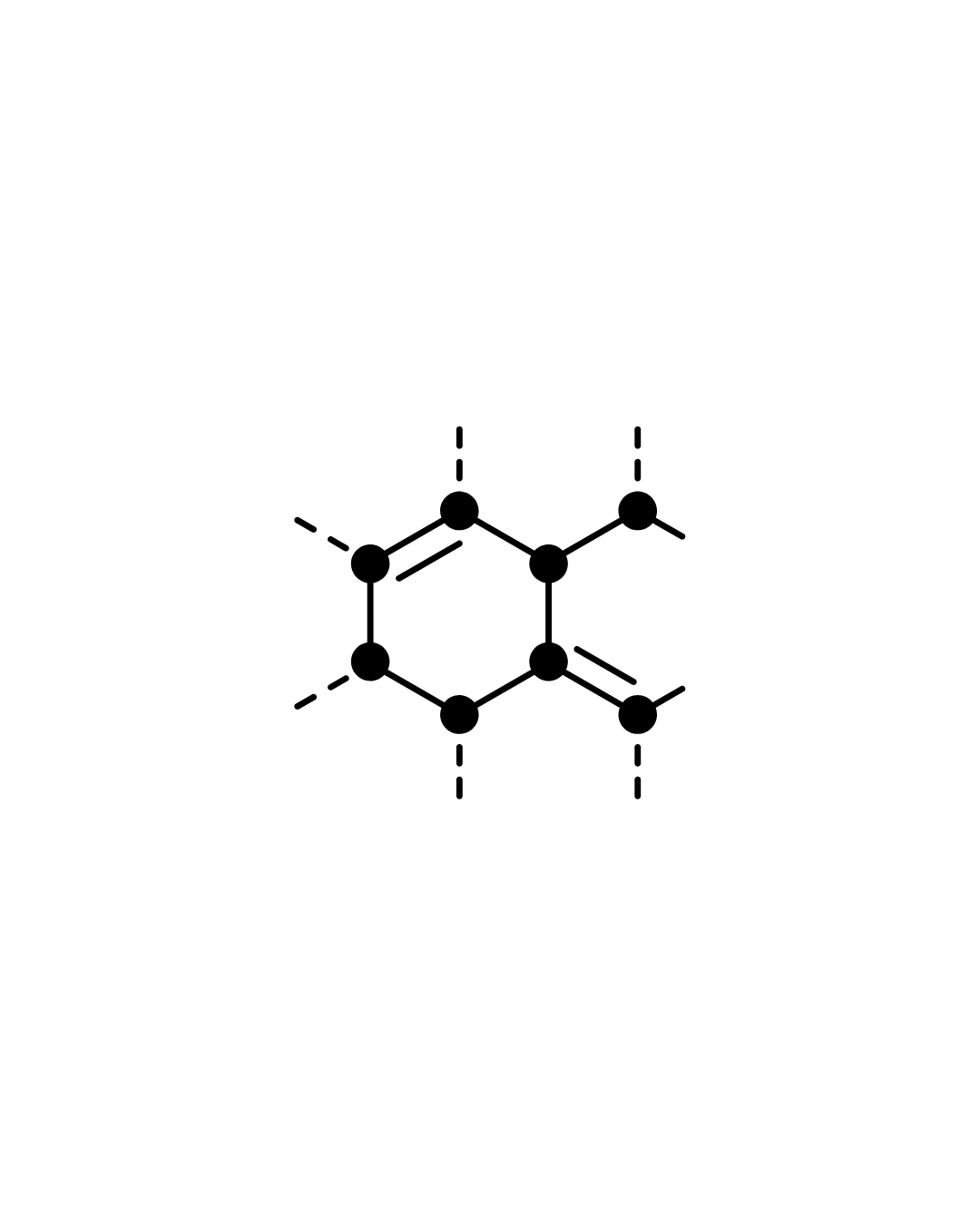Description
A Master of Science (M.Sc) in Chemistry is a postgraduate program that delves into advanced topics in chemistry and related fields. This degree typically emphasizes research and practical applications, preparing graduates for careers in academia, industry, or governmental research labs. Below is an overview of the program, including core components, skills developed, and potential career paths.
Program Overview
Duration: Typically takes 1 to 2 years to complete, depending on the institution and whether the student is enrolled full-time or part-time.
Mode: Offered in full-time, part-time, or online formats.
Eligibility: Generally requires a bachelor’s degree in chemistry or a closely related field. Some programs may have specific GPA requirements, GRE scores, or prerequisite coursework.
Core Curriculum
The curriculum for an M.Sc in Chemistry often includes a mix of mandatory and elective courses, as well as research components. Key subjects may include:
Advanced Organic Chemistry: Study of complex organic compounds, synthesis methods, and reaction mechanisms.
Inorganic Chemistry: Exploration of the properties and behaviors of inorganic compounds and materials, and their applications.
Physical Chemistry: Understanding the physical principles underlying chemical systems, including thermodynamics, kinetics, and quantum chemistry.
Analytical Chemistry: Techniques for analyzing substances to determine their composition and concentration, including chromatography, spectroscopy, and mass spectrometry.
Biochemistry: Interdisciplinary study of chemical processes within and related to living organisms, focusing on biomolecules and metabolic pathways.
Chemical Research Methods: Training in research design, methodology, data analysis, and laboratory techniques, typically culminating in a thesis or dissertation project.
Environmental Chemistry: Examination of chemical processes that occur in the environment and the effects of human activity on ecosystems.
Skills Developed
Research Skills: Conducting experiments, analyzing data, and interpreting results are fundamental skills developed during the program.
Critical Thinking: Ability to analyze complex chemical problems and conceptualize innovative solutions.
Technical Proficiency: Hands-on experience with modern laboratory equipment and analytical techniques.
Communication Skills: Writing scientific papers, presenting research findings, and collaborating with peers and faculty on research projects.
Project Management: Planning and executing research projects, managing timelines, and working independently or as part of a team.
Career Opportunities
Graduates with an M.Sc in Chemistry can pursue a wide variety of career paths, including:
Chemist: Working in laboratories within industries such as pharmaceuticals, materials science, and food science to develop and test new products.
Research Scientist: Conducting independent research in academic, governmental, or industrial settings, often focusing on specific topics within chemistry.
Quality Control Analyst: Ensuring the quality and safety of products by performing tests and analyzing data to meet regulatory standards.
Environmental Scientist: Addressing environmental issues, including pollution control and waste management, through chemical analysis and research.
Chemical Engineer: Applying principles of chemistry to solve problems in the production, transformation, and use of chemicals, materials, and energy.
Academia: Pursuing further studies (Ph.D.) to teach at the university level or conduct advanced research.
Benefits of Pursuing an M.Sc in Chemistry
Advanced Knowledge: Deepens understanding of chemistry and enhances expertise in a specific area, making graduates more competitive in the job market.
Research Opportunities: Opportunities to engage in original research, often leading to publications and presentations in scientific communities.
Networking: Building professional connections through collaboration with faculty, industry experts, and fellow students.
Additional Considerations
When considering an M.Sc in Chemistry:
Accreditation: Ensure the program is accredited and recognized by relevant academic and professional bodies.
Research Focus: Look for programs that align with your specific research interests, especially if you want to work in niche areas of chemistry.
Faculty Expertise: Investigate the faculty’s expertise and ongoing research projects, as this can have a significant impact on your educational experience and opportunities.
If you (Gaurav) have any specific questions about the M.Sc in Chemistry, its courses, or potential career paths, feel free to ask!









